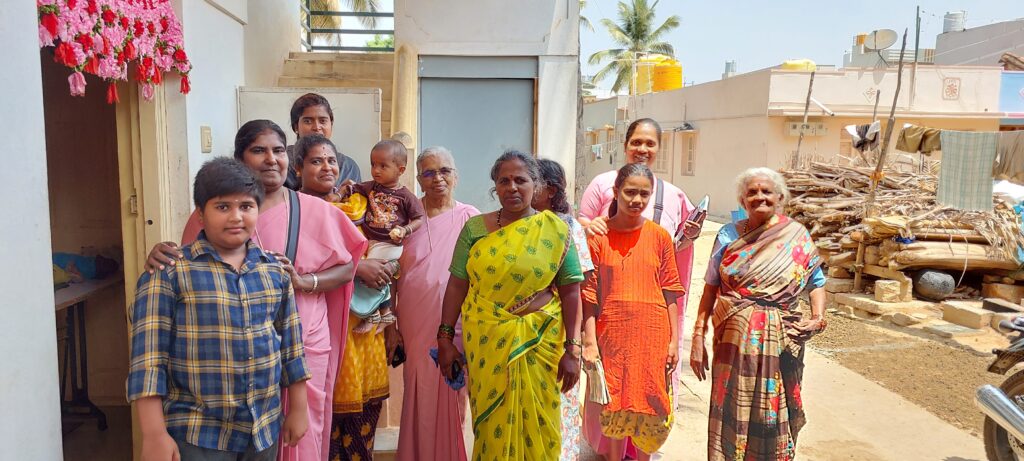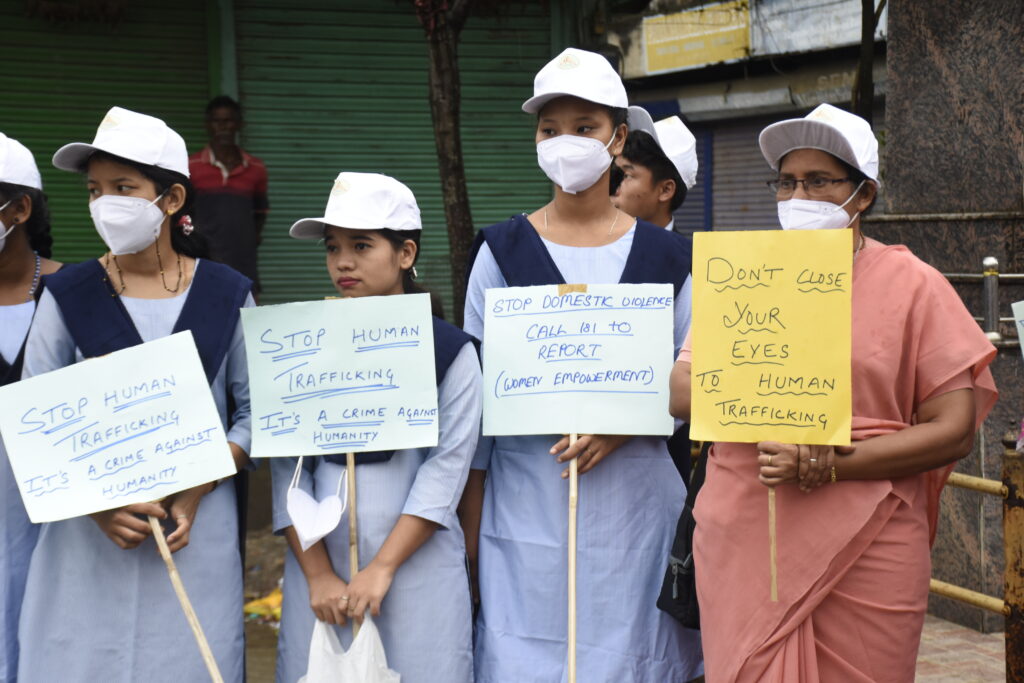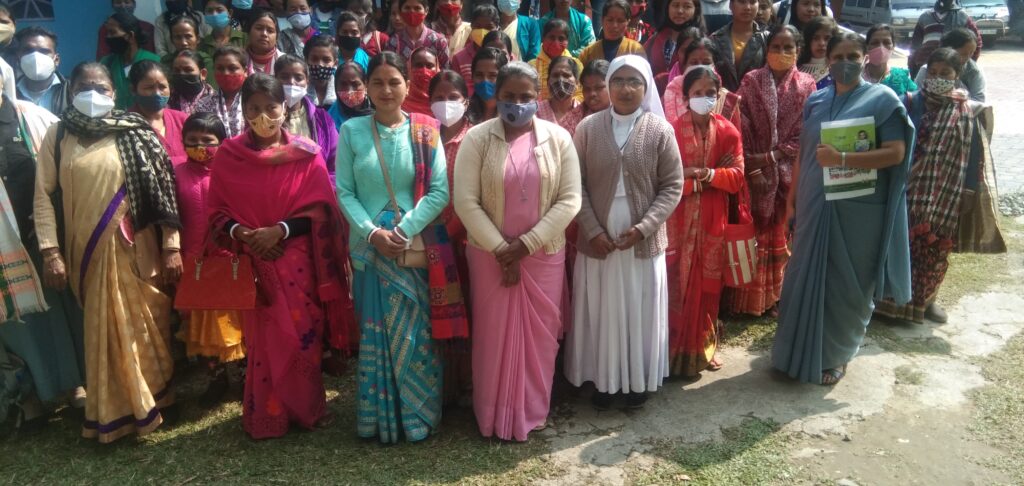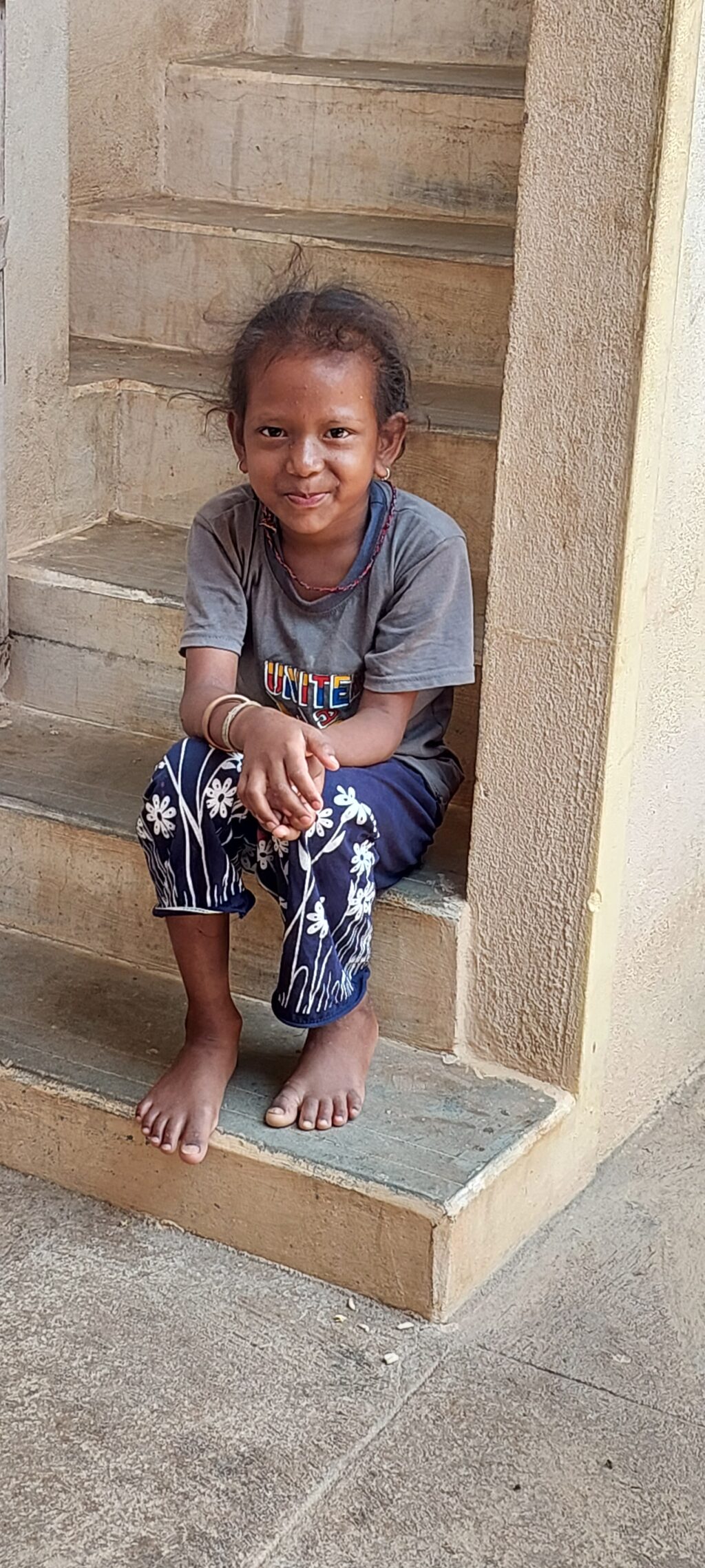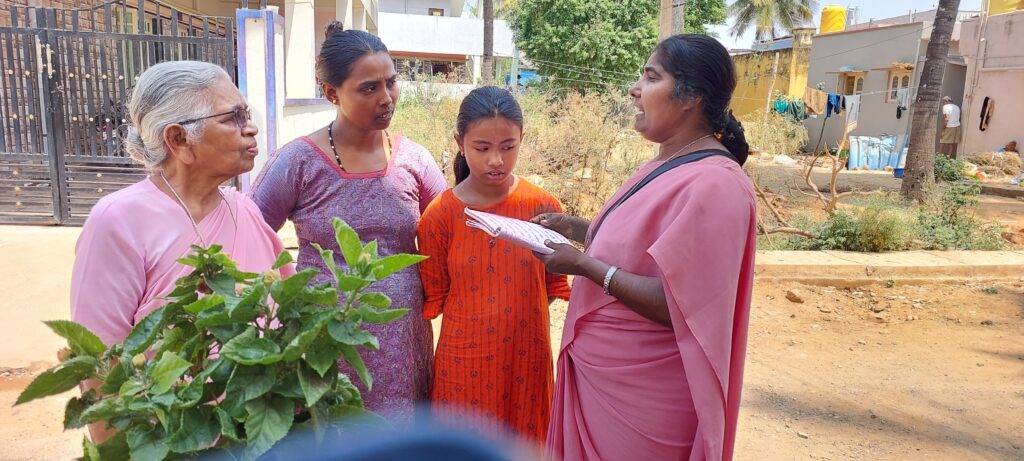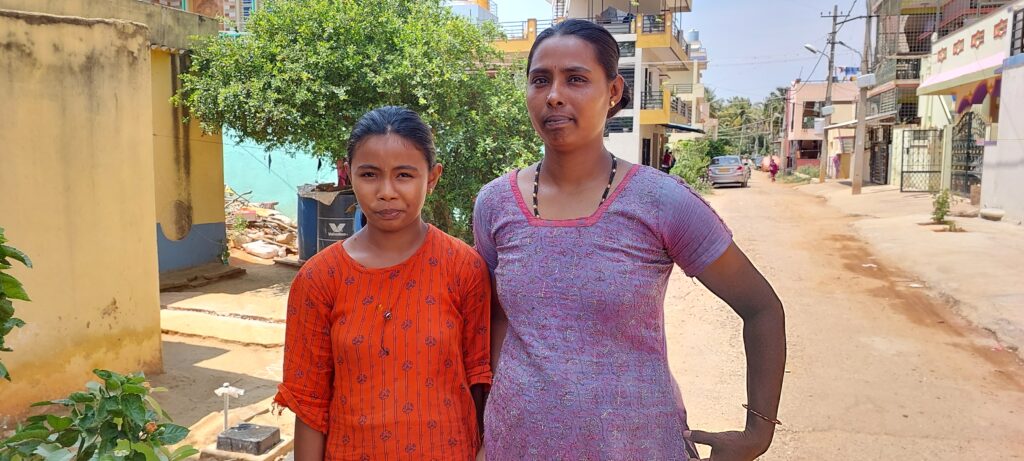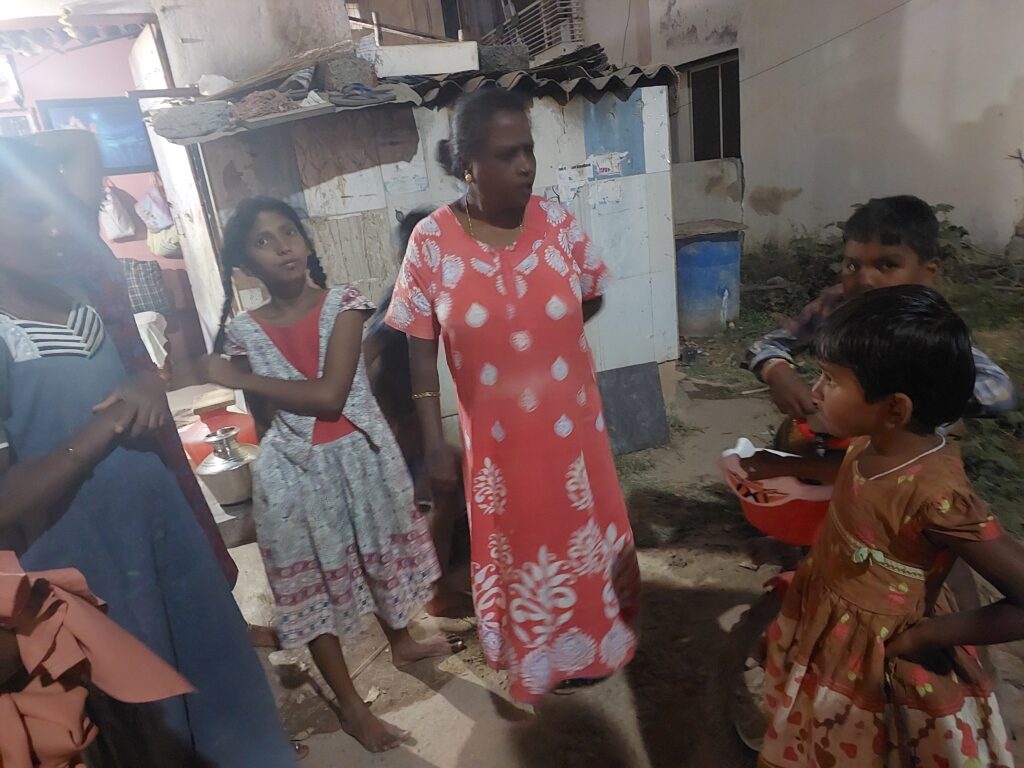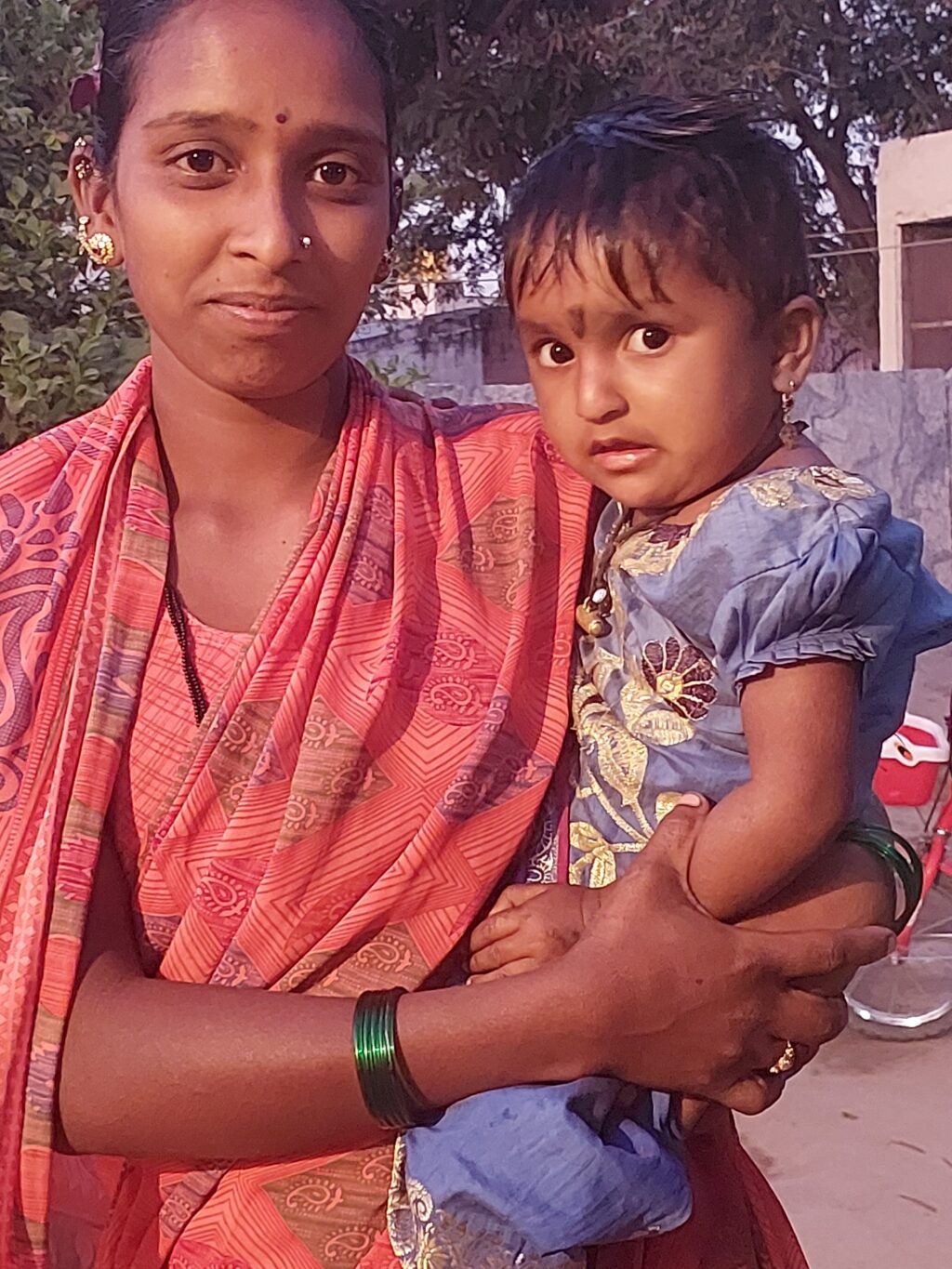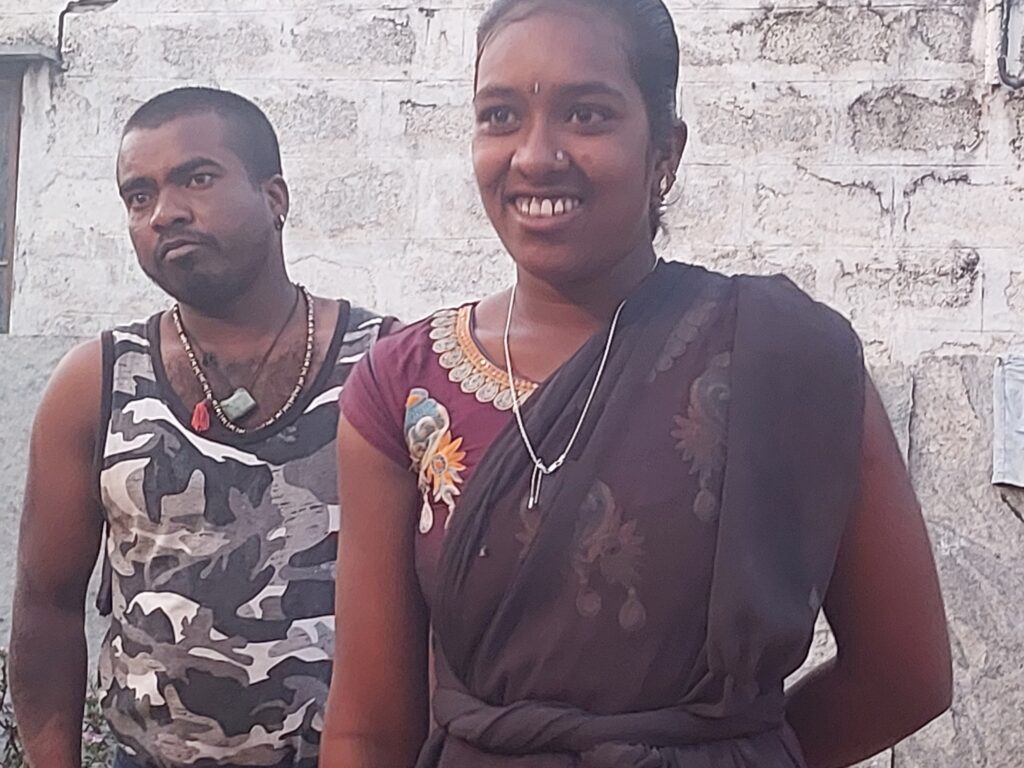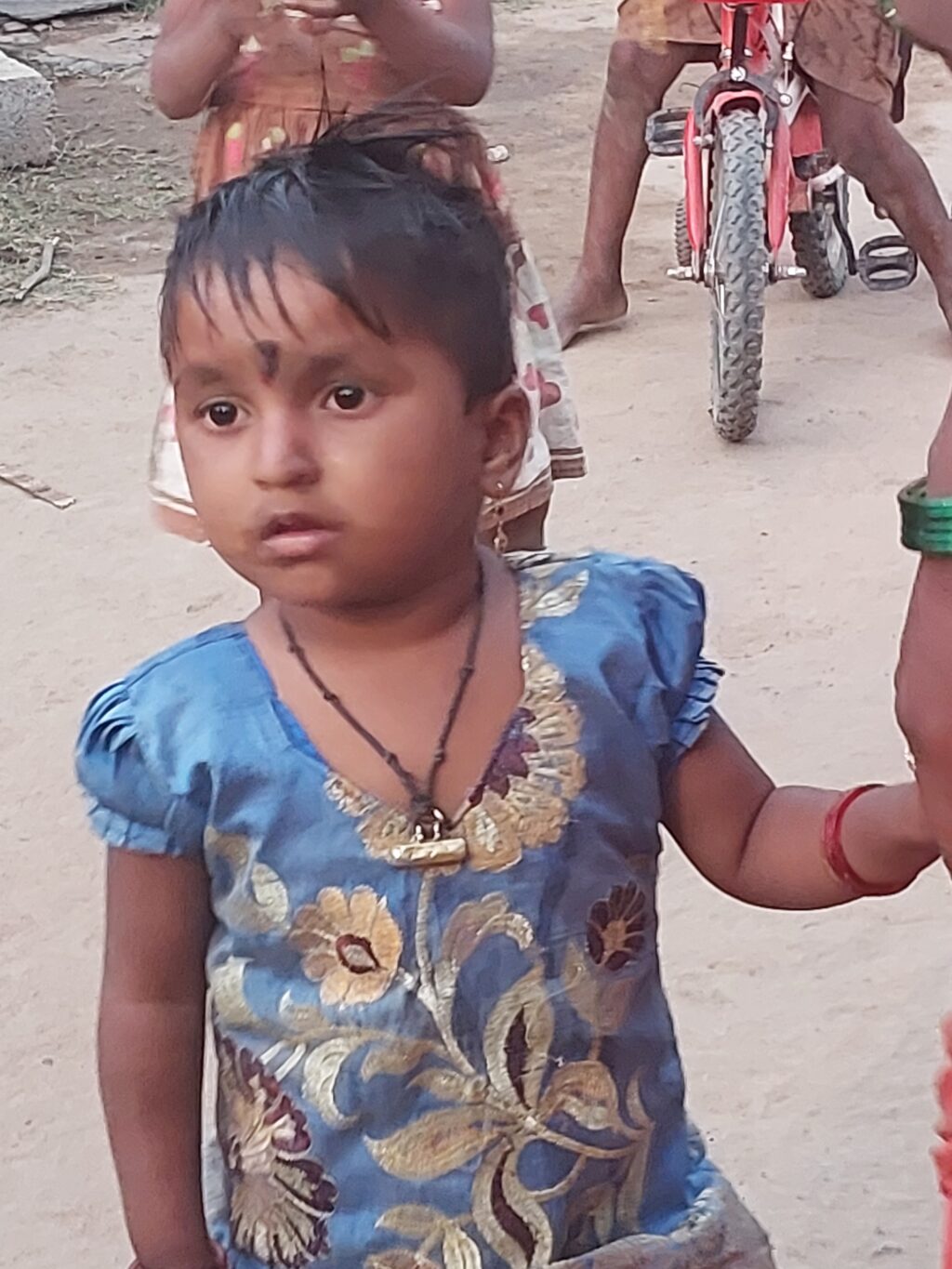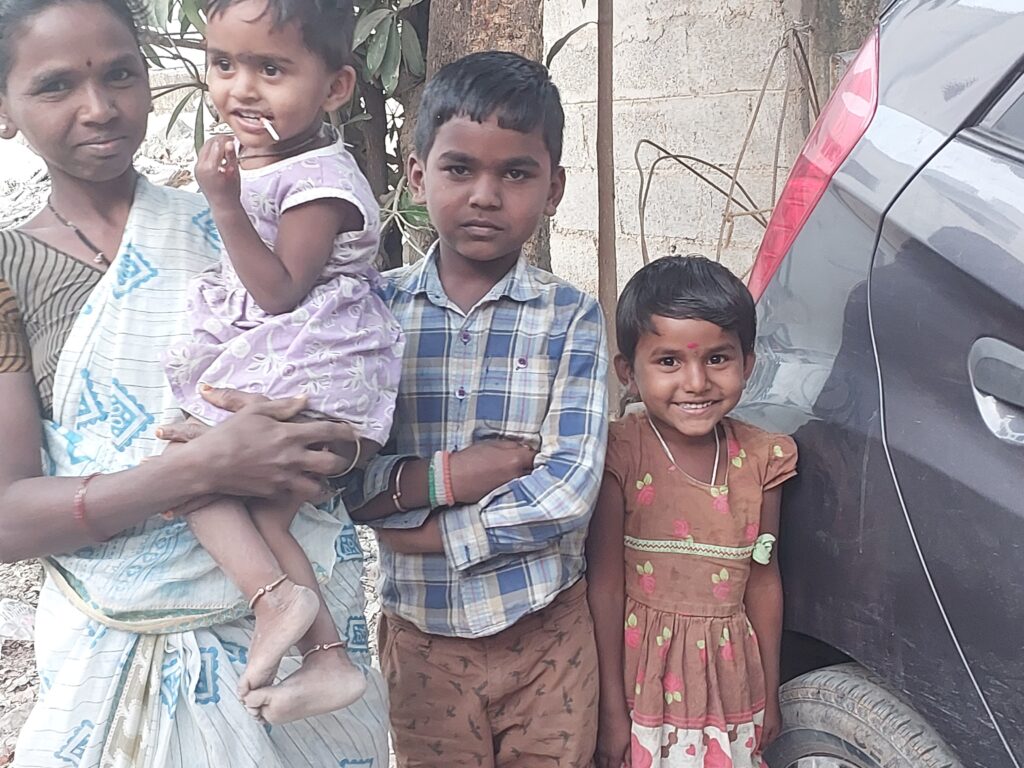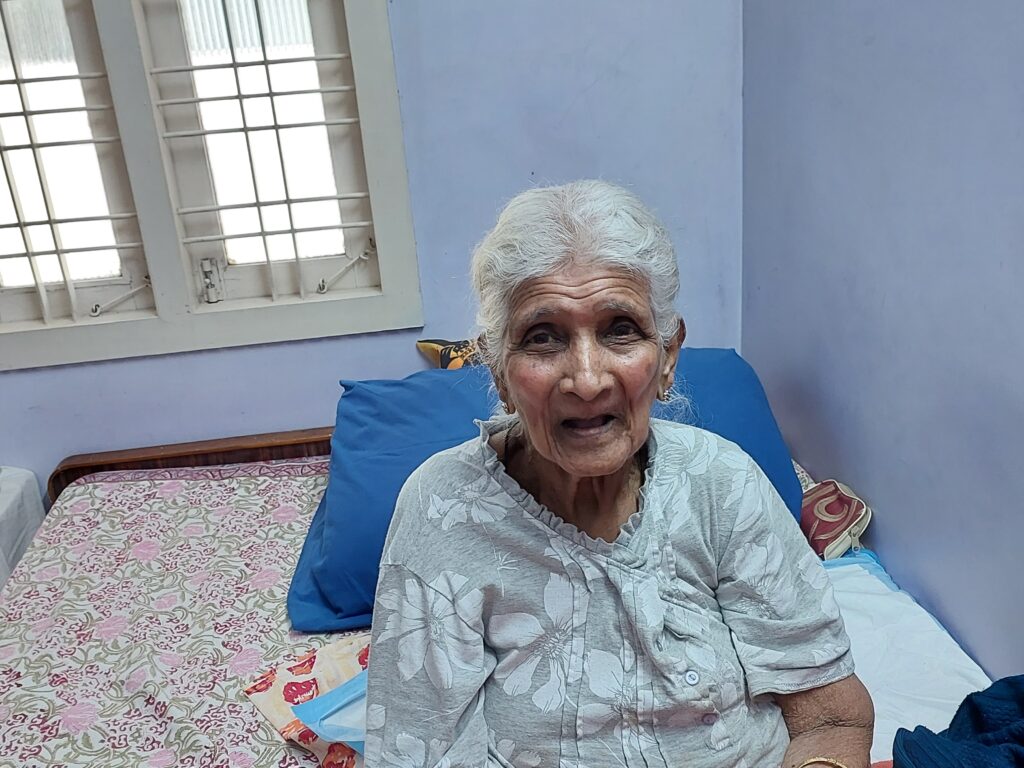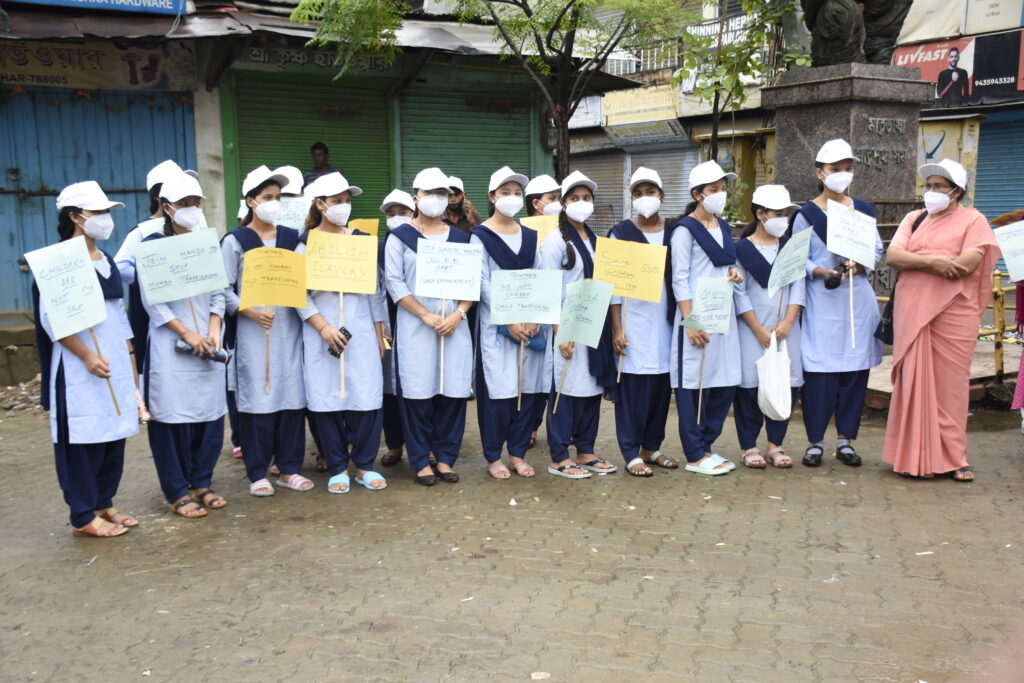India
Empowering Women, Human Trafficking, Job Training
$7,500 Goal
Summary of the Situation
Growing social deprivation of women in Bangalore, India is manifested by their lack of opportunity to have a personal identity and education, being socially ostracized, and totally dependent on the decisions of their fathers, brothers, husbands, and sons, as they move from one stage of their life to another. Among the most vulnerable are children at-risk for human trafficking, migrants, destitute women, and a growing population of transgender people suffering persecution.
Unemployment has become one of the most pressing problems in the country leading to numerous additional problems like drug abuse, insurgency, and other anti-social behaviors. One of the many reasons for unemployment can be attributed to the education system in the country and the lack of opportunities in the region, especially for girls and women.
Bangalore, the capital and largest city of the southern Indian state of Karnataka has many slums where the poor live in destitute poverty. It is a destination place for migrants who come and search for work and a gathering place for the transgendered population.
How will the funds be used?
To purchase the materials and build the shed for production facilities and classroom space for the job training component of this program.
The Sisters’s Response
In Karnataka, the Sisters of St. Joseph of Lyon have 3 houses where we provide services. One serves the needs of education and is a base for community organizing for social justice. Another is where we house migrants and orphan children. The last house is for our clinic where our doctor sister provides medicines and outpatient medical care. We knew we needed to do more. So, we conducted a needs assessment.
During our needs assessment of 15 slums/villages of Karnataka, we sisters understood that there is no dignity for the transgenders, slum women, and children in this area. We understood the severity of human trafficking and the need for future intervention. Unsafe migration leading to human trafficking and other forms of exploitation has affected countless jobless youths as they have migrated without any precautionary measures. We found that unemployment is one of the most pressing problems leading to numerous additional problems like drug abuse, insurgency, and other anti-social behaviors.
In India, transgender as a third gender was legally identified in the country less than a decade ago. They are called by different names, the most common being HIJRA (meaning, belonging to neither gender). During our assessment we shared their pain at being shunned by their own families, often beaten up, humiliated, and said to be a disgrace in the family. Many were forced to leave their “home” at an early age. In society, the struggle takes a more dangerous toll being victims of rape, social violence, and discrimination, not having the family, police, law, or judiciary to protect them. Even worse is the fact that they are excluded from the labor market and have to rely on begging or sex work to make a living.
Transgender people had a special role in Hindu mythology which gave hijras the power to bless or curse others. The Victorian England colonization changed the affairs, considering them abnormal and even mentally ill. This in turn affected the reputation and well-being of these people and continues to affect them even now. Today transgenders can be seen dressed in glittering sarees and heavy, cheap makeup on trains or in the heavy traffic of metropolitan cities begging for money and giving blessings. They go to weddings and birth ceremonies to bless and receive money in return.
Based on what we have learned from our needs assessment, we propose replicating our community outreach programs which have been very successful in lifting the poor in the rural area of Tamil Nadu out of poverty.
Systemic Impact
Skill training for vulnerable people and helping them start their small businesses. We sisters start some skill training and train the first batch and these first batch trainees will become trainers for the other batches so that they will get employment too. We sisters facilitate other small trades: widows, and transgenders to start their own trades like detergent making, petty shops, etc. Remedial classes for children in 6 villages

